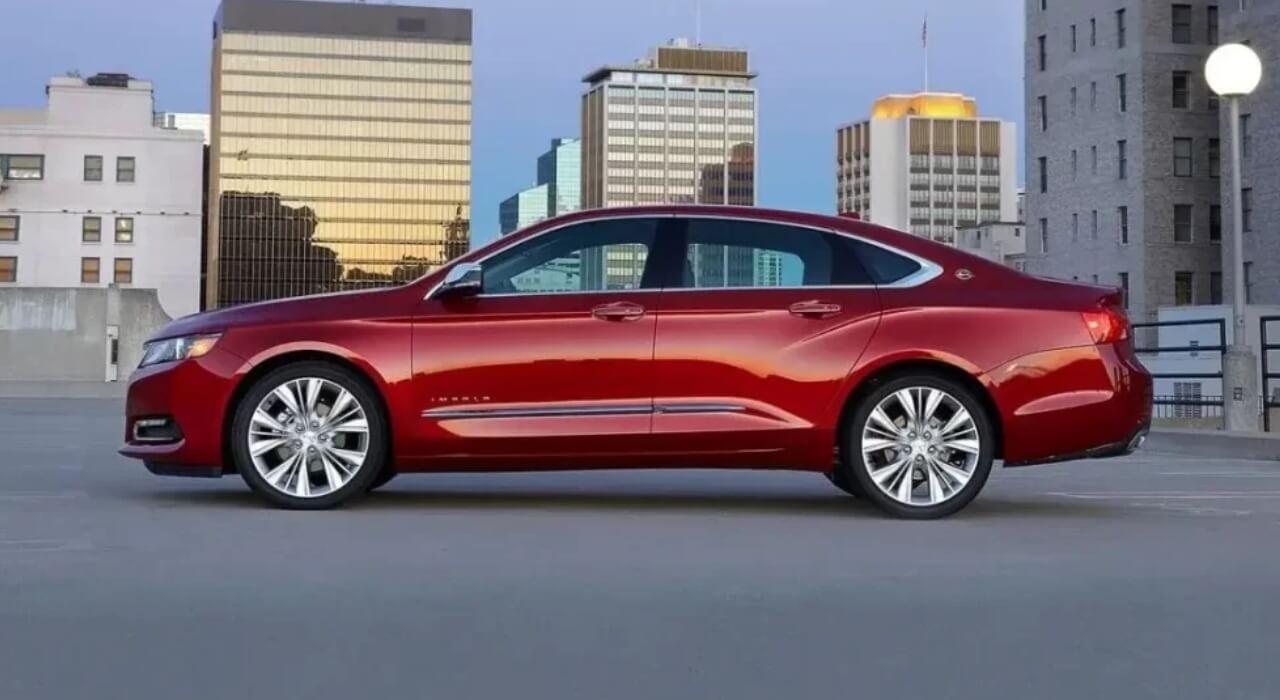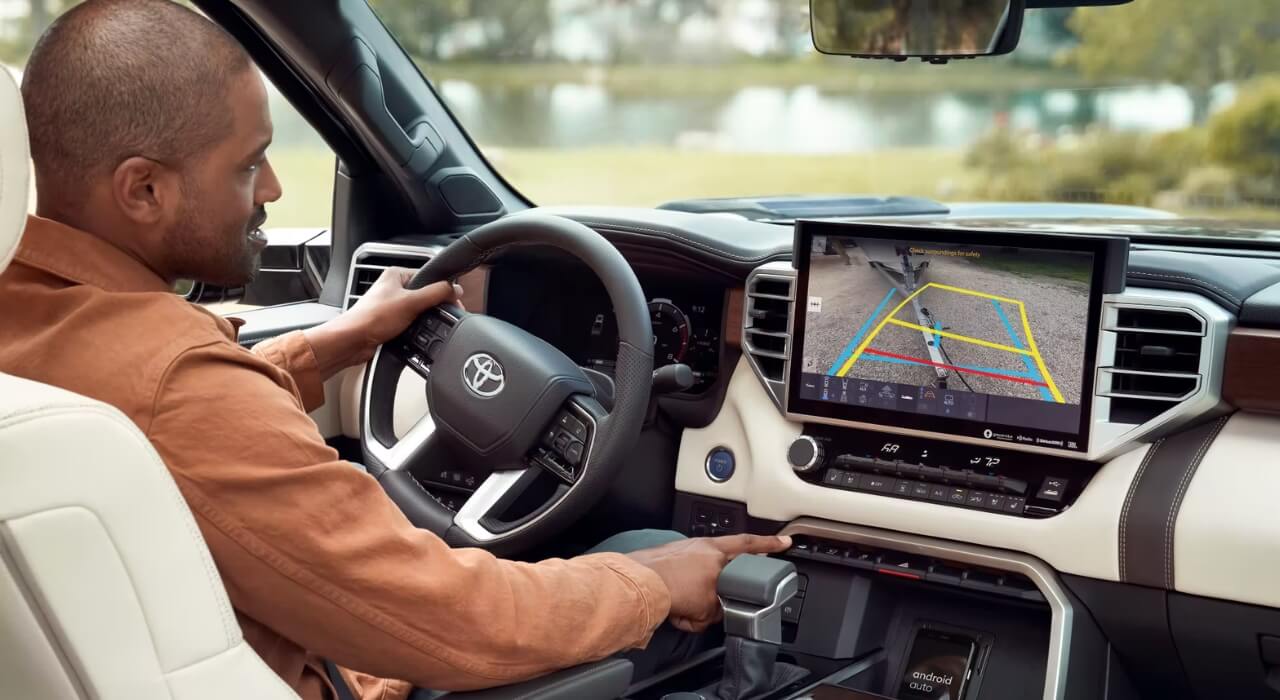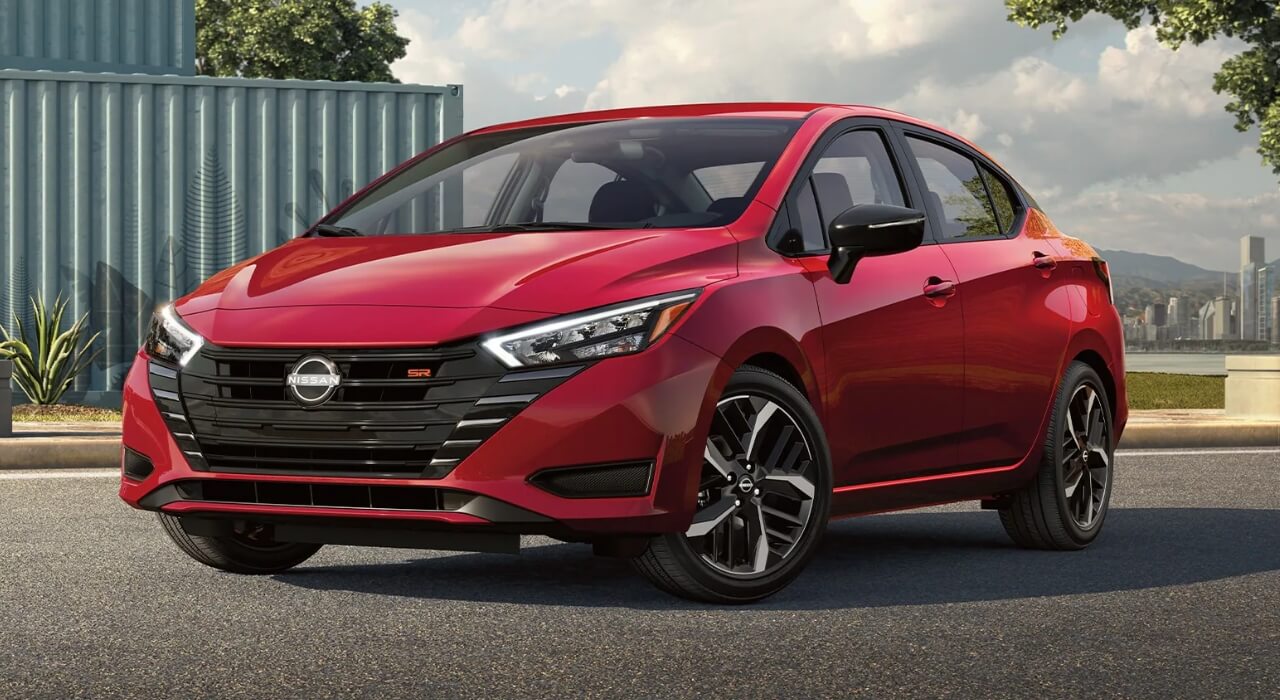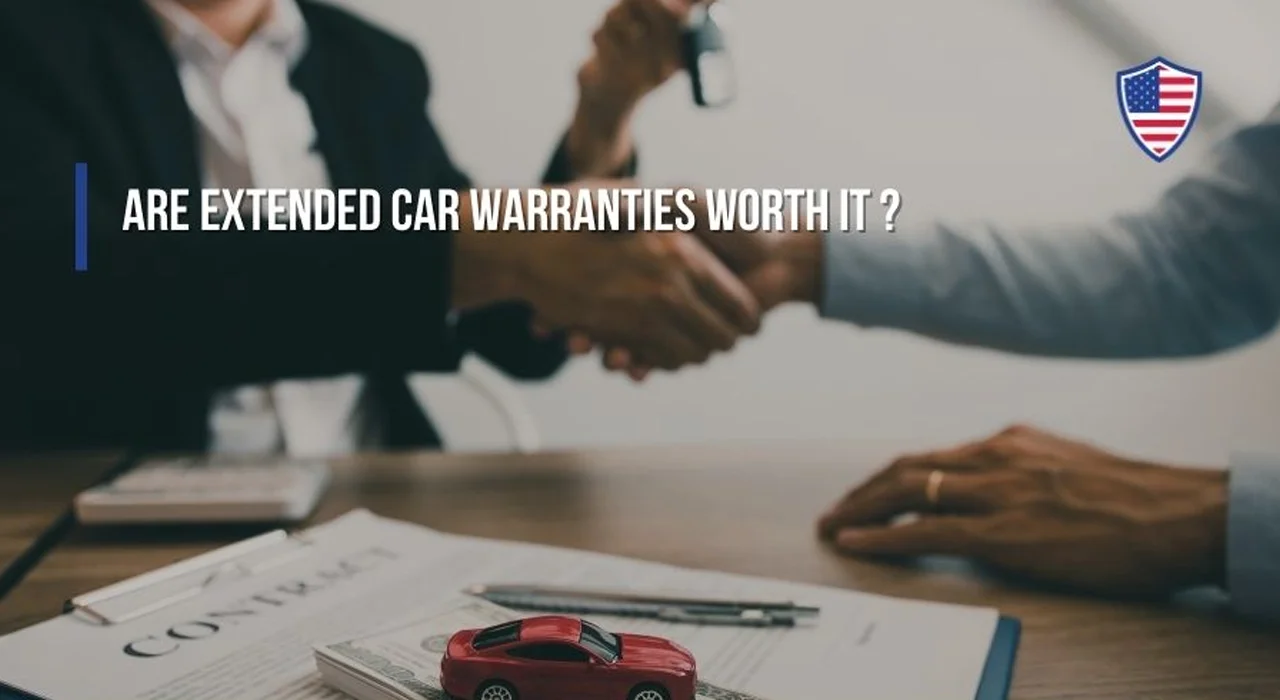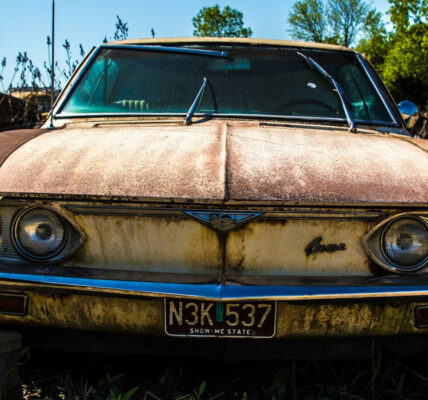For many car owners, purchasing an extended car warranty may seem like a smart investment to protect against unexpected repairs and breakdowns. However, before making a decision to invest in an extended warranty, it’s important to understand what it is, the benefits and risks, and the factors to consider when purchasing one.
When it comes to protecting their investment, car owners want to ensure that their vehicle is running smoothly and is protected from unexpected repairs and breakdowns. While some car owners may rely on their manufacturer’s warranty to provide them with this protection, others may choose to invest in an extended car warranty.
An extended car warranty is a service contract that provides additional coverage for certain repairs and services beyond the manufacturer’s warranty. The extended warranty may be offered by a third-party company or by the car dealership where the vehicle was purchased.
While an extended warranty can provide car owners with additional peace of mind and financial protection, it’s important to consider the benefits and risks before making a decision.
Benefits of an Extended Car Warranty
One of the primary benefits of an extended car warranty is financial protection against unexpected repairs. Car owners can have peace of mind knowing that if their vehicle experiences a breakdown or malfunction, they won’t have to pay the full cost of repairs out of pocket. Depending on the specific terms of the extended warranty, the car owner may only be responsible for a deductible, which is typically much less than the full cost of repairs.
Related: 7 Best Drying Towels For Cars Without Scratching Buy Online.
Another benefit of an extended car warranty is the coverage for a longer period of time than the manufacturer’s warranty. While the manufacturer’s warranty typically lasts for three to five years, depending on the make and model of the vehicle, an extended warranty can provide additional coverage for several years after the original warranty expires. This can potentially increase the resale value of the car, as well as provide peace of mind for the new owner.
In addition to financial protection and extended coverage, an extended car warranty can also provide peace of mind for car owners. With an extended warranty, car owners can rest assured that their vehicle is protected from unexpected repairs and breakdowns, which can reduce stress and anxiety.
Important Questions to Ask Before Purchasing a Service Contract
When considering purchasing an extended car warranty, there are a few important questions to ask. First, it’s important to understand what is covered under the warranty. Some extended warranties only cover specific types of repairs or services, while others provide more comprehensive coverage.
It’s also important to understand what is not covered under the warranty. For example, routine maintenance such as oil changes and tire rotations may not be covered, which means that car owners will still need to pay for these services out of pocket.
The length of coverage is another important factor to consider. While some extended warranties provide coverage for several years, others may only provide coverage for a few months or years. Understanding the length of coverage is critical to ensuring that the investment is worth it.
It’s also important to understand whether the warranty is transferable to a new owner. If the car is sold before the extended warranty expires, the new owner may be able to take advantage of the remaining coverage.
Finally, the cost of the extended warranty is another important consideration. While an extended warranty can provide financial protection, it’s important to ensure that the cost of the warranty is worth the investment.
Factors to Consider Before Purchasing an Extended Car Warranty
When deciding whether to purchase an extended car warranty, there are several factors to consider. First, it’s important to assess the reliability and history of repairs for the specific make and model of the vehicle. If the car has a history of frequent breakdowns or costly repairs, an extended warranty may be a smart investment.
It’s also important to compare the coverage and cost of the extended warranty with the manufacturer’s warranty. Depending on the make and model of the vehicle, the manufacturer’s warranty may provide sufficient coverage for the car owner’s needs.
Personal driving habits and usage of the vehicle can also be a factor to consider. For example, if the car is driven frequently or for long distances, it may be more prone to breakdowns and require more frequent repairs. Car owners who use their vehicles.







